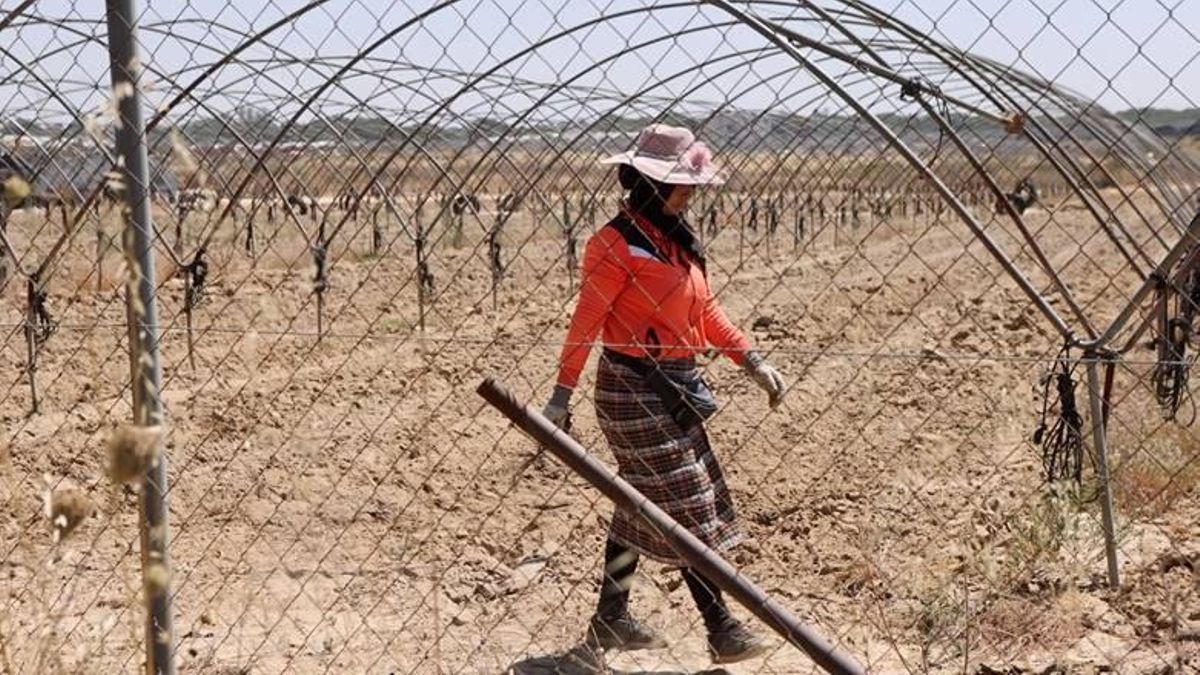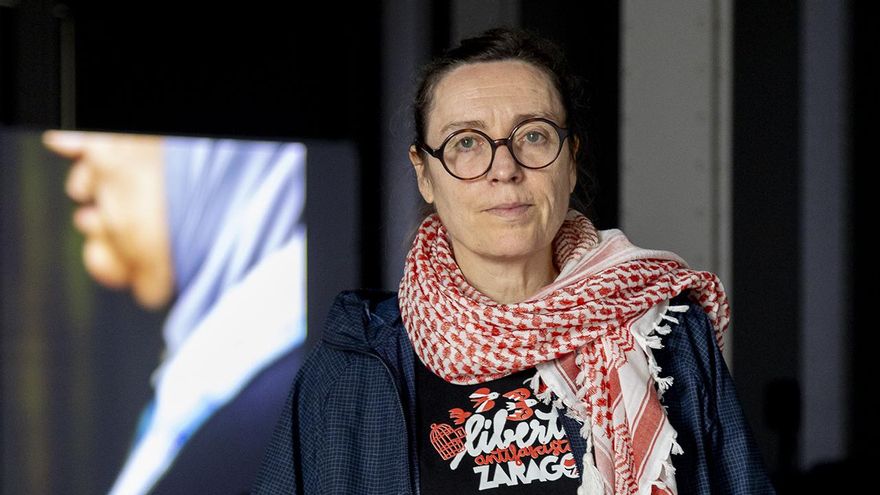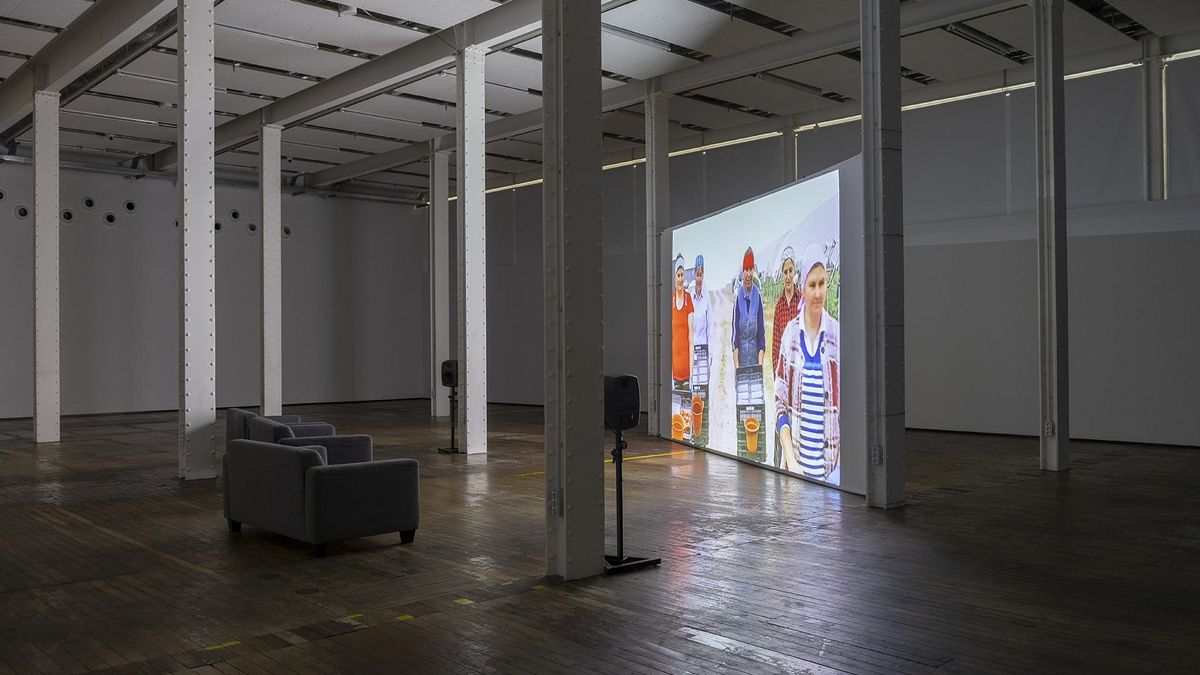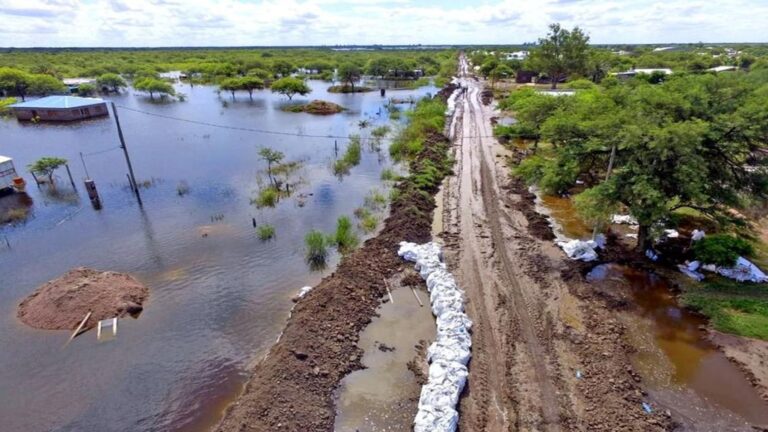
In Huelva, where more than 80% of Spain’s strawberries are grown, more than 14,000 women, mostly from the Maghreb, travel from sub-Saharan countries, Romania, Bulgaria and Latin America to take part in annual harvest campaigns. This macro business generated €657 million in the first half of 2025 alone.
This field is mainly supported by these women, most of whom are now foreigners. Until a few years ago, this work was primarily carried out by Spanish day laborers, but the instability in the sector has led many local workers to choose other jobs and employers to increasingly rely on migrant workers.

Recent films through visual and documentary essays strawberry fields, Directed by Giulia Montilla, this film examines the situation of seasonal women and examines issues arising from intensive farming, such as worker exploitation and environmental destruction.
The documentary, which was shown in Barcelona this Friday, won the 11th Video Creation Award of the Catalan Generalitat and Loop Festival. The production will be carried out by Catalonia’s eight regional visual arts centers: Santa Monica, the Generalitat Cultural Office and the Loop Barcelona.

The director emphasizes that the film also raises a critique of city-centrism and the inequality that exists between urban and rural areas, based on the idea that current history is “usually written by people who live in big cities.” The title, taken from a Beatles song, alludes to a distorted perception of reality: “Life is simpler when you close your eyes,” as John Lennon sang. However, the film suggests that this gaze is “a political act,” and questions the “transparency of day laborers.”
Over the years, several organizations have reported numerous instances of abuse, precarious conditions, and even sexual harassment against these temporary workers in the strawberry sector. Most of the day laborers are women with children, Montilla said, and “this ensures that they can return home after the harvest season.” The fact that the majority of them are women also reflects the “patriarchal idea that women are more delicate and cautious, which is associated with picking fruits such as strawberries.”

Although the documentary focuses primarily on illustrating the current situation of foreign day laborers, it also includes archival images of temporary workers in Spain during the social revolution, Francoism, and transition in municipalities in western Andalusia. Indeed, Montilla emphasizes that the new Maghrebi immigrants who began arriving at the beginning of the 21st century “accepted working conditions that the Spaniards were no longer willing to tolerate, which sometimes caused discomfort and resentment to them rather than to the owners who provided such conditions.”
It is true that the Ministry of Labor has agreed a GECCO program with Morocco from 2024 onwards. It would likely establish a temporary labor contract that would include rights and guarantees for employed migrants. These conditions include, for example, providing workers with suitable accommodation, arranging travel to the greenhouse, and ensuring compliance with contracts and working conditions. Day laborers are also required to promise to return home after work and not to do other work during the contract period.
Additionally, the Department for Equality has produced a specific guide on care and advice for migrant workers in relation to strawberries and red fruits. It clearly states women’s rights as workers and explains what to do if they are violated.
However, Montilla emphasized that several testimonies interviewed for the documentary claim that many of these contracts are not based on GECCO’s orders and therefore the rights of these workers are not necessarily guaranteed. The film documents the cases of women who live in remote rural areas and do not go to the doctor due to lack of transportation, despite their right to social security.
Some people worry that if they are absent, they will not be paid for the day. In fact, testimony in the report describes how he fell ill and was unable to take corresponding sick leave. On the other hand, many workers live in shacks in unhealthy conditions and lack adequate transportation to reach the greenhouses.
This documentary tells all these stories from the voices of women day laborers and rural activists such as Lucia Mbomio, Chadia Arab, Ana Pinto, Najat Basit, and Ana Cabana Iglesia. Through visual metaphors and documentary material, Montilla challenges us to question agricultural models. In his opinion, this model “denies the rights of the people who provide us with the basic products that feed us.”



